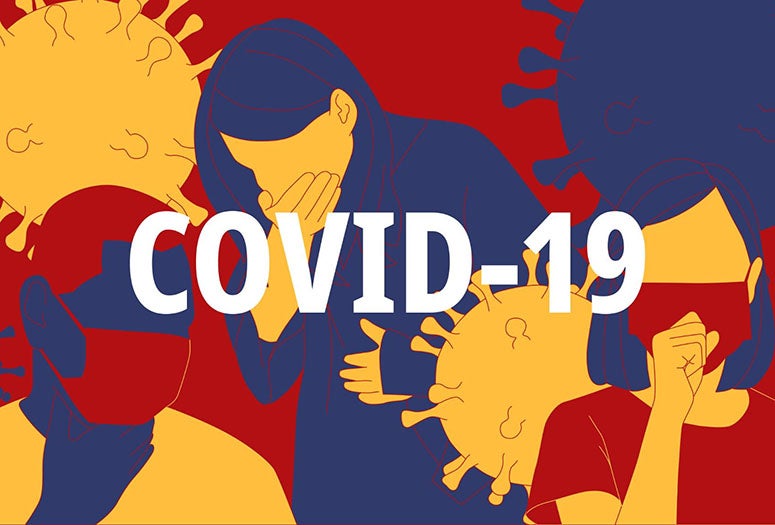As governments and health professionals around the world attempt to contain the spread of COVID-19 and lessen its impact, a researcher from Rice University plans to examine how the barrage of information and recommendations related to the virus impact human behavior, thanks to a Rapid Response Research (RAPID) grant from the National Science Foundation.
"The Impact of COVID-19 on Norms, Risk-taking, Information and Trust" will draw on existing samples of subjects recruited from Rice, Texas A&M University and Prairie View A&M University for prior NSF-funded projects designed to test the impact of COVID-19 information and recommendations on behavior, social norms, and trust in each other and institutions
"Because we already have a great deal of information about these samples, we have a unique opportunity to collect new data that provides insight into the impact of COVID-19 as it unfolds," said principal investigator Rick Wilson, the Herbert S. Autrey Professor of Political Science and a professor of statistics and psychology at Rice. "Norms and beliefs are changing quickly, and this RAPID funding allows us to quickly capture the manner in which norms, beliefs and behavior evolve.
"We're really interested in how previously expressed preferences for risk, pro-social behavior and trust will predict the behavior of our subjects," Wilson continued. "The nice thing is we've been able to measure them well before the pandemic. With this new study, we're especially interested in how quickly norms form and dissipate.
"It's something we're going to be able to follow in multiple waves," he said. "We'll continue tracking their behavior and opinions in the summer and fall, and will be able to track them down the road to see how things evolve. It's rare, but so valuable, to be able to have a panel where you have a lot of information about subjects over time, and where they're willing to share their experiences."
Wilson said having a better understanding of human behavior and subsequent decision-making is especially critical at this time, as it can impact the spread of the virus and, as a result, impact the ability of public health systems to account for different patterns of compliance in the population.
"By understanding how humans adjust their behavior based on available information, interventions may be introduced that can influence them to make the right choices and ultimately slow the spread of COVID-19," he said.
More information on the grant is available online at https://www.nsf.gov/awardsearch/showAward?AWD_ID=2027556&HistoricalAwards=false.

